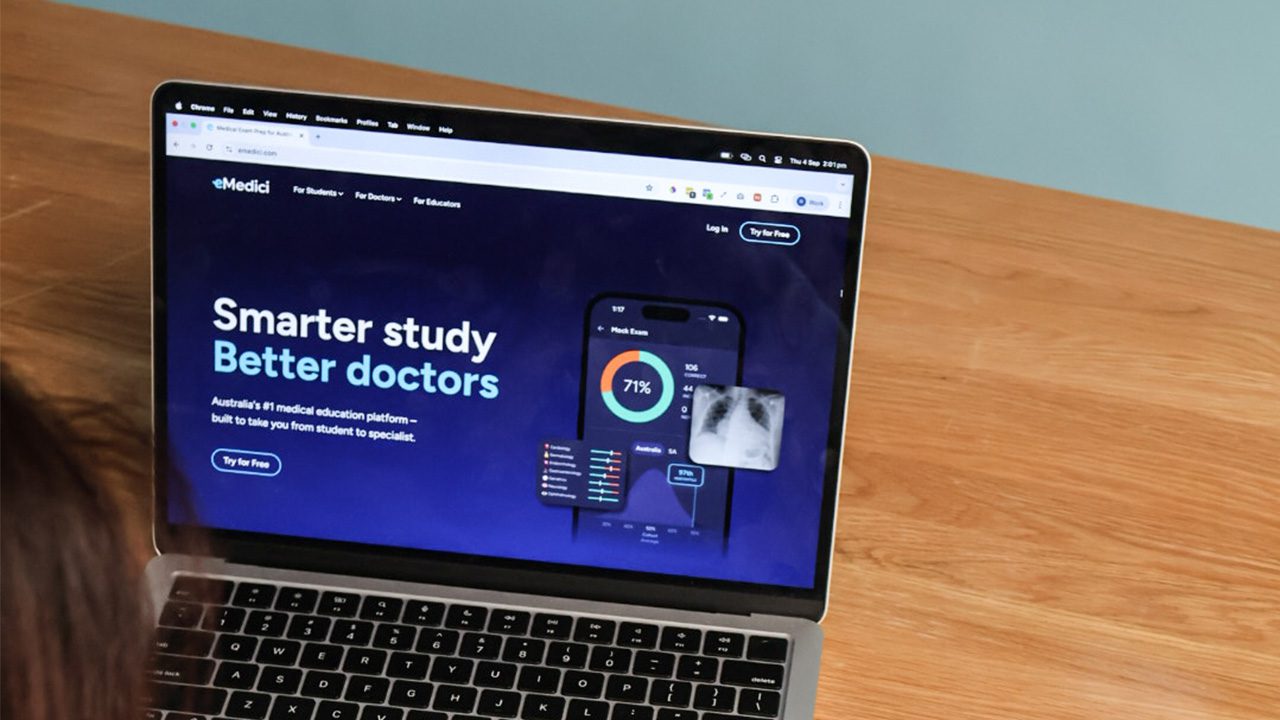As our needs become more complex; remember the importance of continuity
February 9, 2023
Continuity of care is a fundamental aspect of providing high-quality health care to patients. It refers to the ongoing relationship between a patient and a primary care provider, such as a general practitioners, over time. This relationship is characterised by trust, mutual understanding, and shared decision-making. Not only is this vital in creating an environment that serves the patient best – it can also improve patient outcomes, reduce costs, and enhance job satisfaction for all.
One of the most significant benefits of continuity of care is that it can improve patient outcomes. When patients have a consistent primary care provider, they are more likely to receive timely and appropriate care, and they are less likely to experience adverse events or hospitalisations. This is because GPs who have a long-term relationship with their patients are better able to understand their medical history, preferences, and needs, and they are better able to anticipate potential complications, intervening early. Additionally, continuity of care can lead to better self-management of chronic conditions, such as diabetes, hypertension, and heart disease, which can prevent complications and poor outcomes.
Another benefit of continuity of care is that it can reduce costs for the patient, practitioner and health care service. When patients have a GP who they see regularly, they are less likely to seek care from specialists, emergency departments, or hospitals. This is because GPs are able to provide most of the care that patients need, including preventive care, diagnostic testing, and treatment. Additionally, continuity of care can lead to fewer hospital admissions, which can lower the overall cost of care. Furthermore, continuity of care can also lead to increased efficiency and productivity for GPs, as they are better able to manage and track patients’ health over time.
Continuity of care can also enhance job satisfaction for GPs. When GPs have a long-term relationship with their patients, they are able to build trust and rapport, which can lead to a more fulfilling and rewarding experience for both the GP and the patient. Additionally, continuity of care can lead to better communication, collaboration, and coordination of care, which can make the work of GPs more efficient and less stressful. Furthermore, continuity of care can also lead to greater professional satisfaction, as GPs are able to see the positive impact of their work over time.
Continuity of care requires a large scope of practice and skill set – this leaves the GP to be skilled in many different areas, to maintain this continuity and optimally manage their patients they need to be able to stay up to date and upskilled in many different areas. This can be hard with the current climate, managing patient lists and maintaining their own personal wellness. maintaining continuity is not only about the patient but supporting the care providers!
Med CPD supports our GP’s to simplify the search – finding relevant education to meet the needs that their patients present with – keeping their skillset at the forefront of patient-centred healthcare. Med CPD promotes effective healthcare practices through providing continuous professional development (CPD) tailored to the needs of healthcare professionals and doctors. Built by healthcare providers, for healthcare providers; Med CPD provides support throughout your career.












